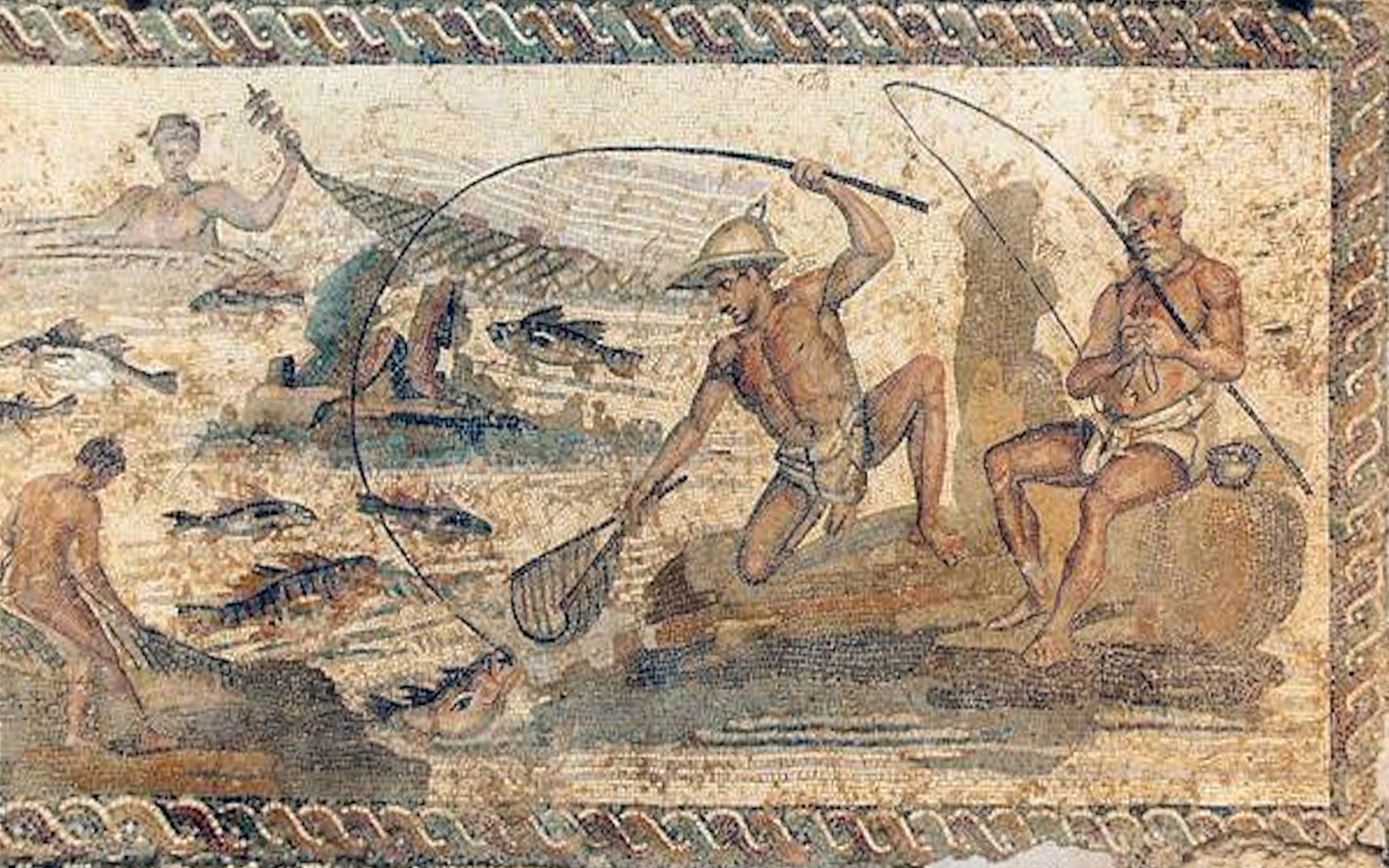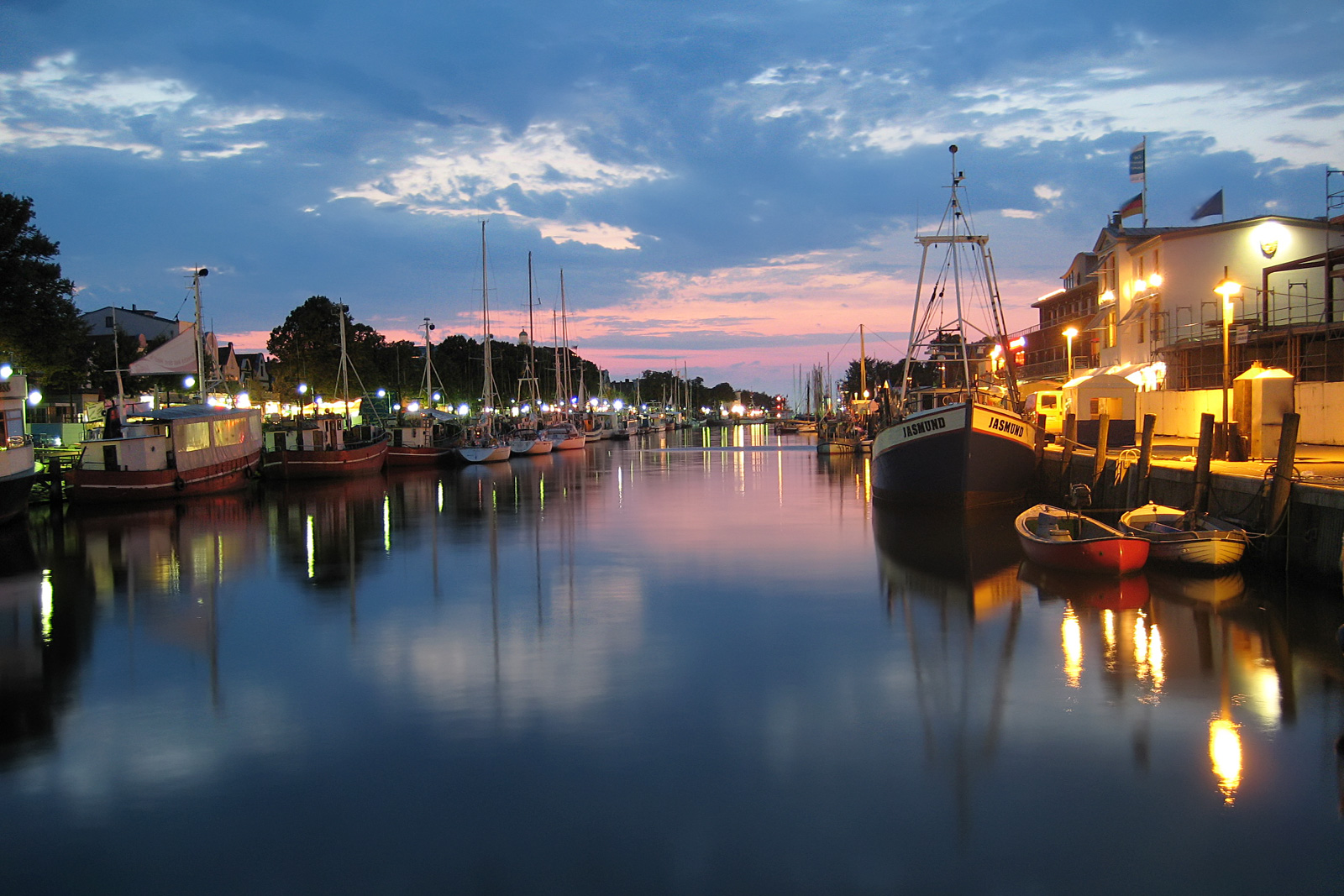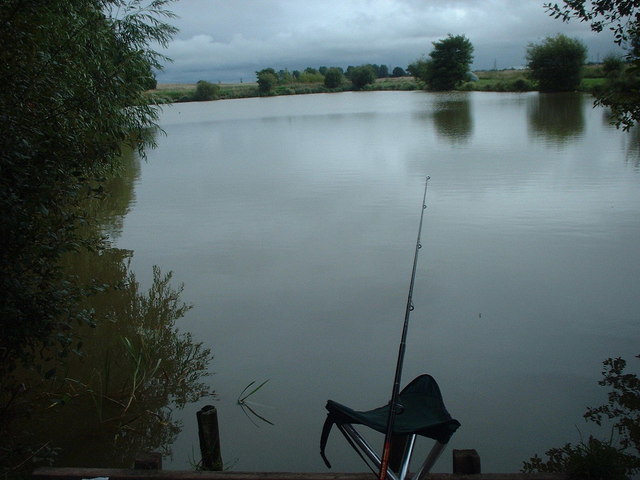|
Prince Albert Angling Society
The Prince Albert Angling Society is a fishing club in England that is based in the County of Cheshire, founded in 1954 by a dozen anglers while fishing a local canal. In 2002 the Prince Albert had over 8,000 members with a 3–year waiting list, making it one of Europe's leading fishing clubs. The club oversees more than 200 waters, including still and river coarse fishing, Salmon and Trout fishing and even Sea trout fishing. The Prince Albert also allows groups to help maintain good standards of fisheries Fishery can mean either the enterprise of raising or harvesting fish and other aquatic life; or more commonly, the site where such enterprise takes place ( a.k.a. fishing ground). Commercial fisheries include wild fisheries and fish farms, both ... in return for off–season fishing tickets. The president of the Prince Albert is William Bromley-Davenport ESQ. The 6 honorary life members are H.Ogden, J.A.Turner, J.T.Lovatt, C.Swindells, P.Gregory and R.Biddulph. F ... [...More Info...] [...Related Items...] OR: [Wikipedia] [Google] [Baidu] |
Fishing
Fishing is the activity of trying to catch fish. Fish are often caught as wildlife from the natural environment, but may also be caught from stocked bodies of water such as ponds, canals, park wetlands and reservoirs. Fishing techniques include hand-gathering, spearing, netting, angling, shooting and trapping, as well as more destructive and often illegal techniques such as electrocution, blasting and poisoning. The term fishing broadly includes catching aquatic animals other than fish, such as crustaceans ( shrimp/ lobsters/crabs), shellfish, cephalopods (octopus/squid) and echinoderms ( starfish/ sea urchins). The term is not normally applied to harvesting fish raised in controlled cultivations ( fish farming). Nor is it normally applied to hunting aquatic mammals, where terms like whaling and sealing are used instead. Fishing has been an important part of human culture since hunter-gatherer times, and is one of the few food production activities that have persisted ... [...More Info...] [...Related Items...] OR: [Wikipedia] [Google] [Baidu] |
Cheshire
Cheshire ( ) is a ceremonial and historic county in North West England, bordered by Wales to the west, Merseyside and Greater Manchester to the north, Derbyshire to the east, and Staffordshire and Shropshire to the south. Cheshire's county town is the cathedral city of Chester, while its largest town by population is Warrington. Other towns in the county include Alsager, Congleton, Crewe, Ellesmere Port, Frodsham, Knutsford, Macclesfield, Middlewich, Nantwich, Neston, Northwich, Poynton, Runcorn, Sandbach, Widnes, Wilmslow, and Winsford. Cheshire is split into the administrative districts of Cheshire West and Chester, Cheshire East, Halton, and Warrington. The county covers and has a population of around 1.1 million as of 2021. It is mostly rural, with a number of towns and villages supporting the agricultural and chemical industries; it is primarily known for producing chemicals, Cheshire cheese, salt, and silk. It has also had an impact on popular culture, producin ... [...More Info...] [...Related Items...] OR: [Wikipedia] [Google] [Baidu] |
Angling
Angling is a fishing technique that uses a fish hook or "angle" (from Old English ''angol'') attached to a fishing line to tether individual fish in the mouth. The fishing line is usually manipulated via a fishing rod, although rodless techniques such as handlining and longlining also exist. Modern angling rods are usually fitted with a reel that functions as a cranking device for storing, retrieving and releasing out the line, although Tenkara fishing and cane pole fishing are two rod-angling methods that do not use any reel. The hook itself can be additionally weighted with a dense tackle called a sinker, and is typically dressed with an appetizing bait to attract the fish and enticing it into swallowing the hook, but sometimes an inedible fake bait with multiple attached hooks (known as a lure) is used instead of a single hook with edible bait. A bite indicator, such as a float or a quiver tip, is often used to relay underwater status of the hook to the surface. When ... [...More Info...] [...Related Items...] OR: [Wikipedia] [Google] [Baidu] |
Canal
Canals or artificial waterways are waterways or engineered channels built for drainage management (e.g. flood control and irrigation) or for conveyancing water transport vehicles (e.g. water taxi). They carry free, calm surface flow under atmospheric pressure, and can be thought of as artificial rivers. In most cases, a canal has a series of dams and locks that create reservoirs of low speed current flow. These reservoirs are referred to as ''slack water levels'', often just called ''levels''. A canal can be called a ''navigation canal'' when it parallels a natural river and shares part of the latter's discharges and drainage basin, and leverages its resources by building dams and locks to increase and lengthen its stretches of slack water levels while staying in its valley. A canal can cut across a drainage divide atop a ridge, generally requiring an external water source above the highest elevation. The best-known example of such a canal is the Panama Canal. Many ... [...More Info...] [...Related Items...] OR: [Wikipedia] [Google] [Baidu] |
Europe
Europe is a large peninsula conventionally considered a continent in its own right because of its great physical size and the weight of its history and traditions. Europe is also considered a Continent#Subcontinents, subcontinent of Eurasia and it is located entirely in the Northern Hemisphere and mostly in the Eastern Hemisphere. Comprising the westernmost peninsulas of Eurasia, it shares the continental landmass of Afro-Eurasia with both Africa and Asia. It is bordered by the Arctic Ocean to the north, the Atlantic Ocean to the west, the Mediterranean Sea to the south and Asia to the east. Europe is commonly considered to be Boundaries between the continents of Earth#Asia and Europe, separated from Asia by the drainage divide, watershed of the Ural Mountains, the Ural (river), Ural River, the Caspian Sea, the Greater Caucasus, the Black Sea and the waterways of the Turkish Straits. "Europe" (pp. 68–69); "Asia" (pp. 90–91): "A commonly accepted division between Asia and E ... [...More Info...] [...Related Items...] OR: [Wikipedia] [Google] [Baidu] |
Coarse Fishing
In Britain and Ireland, coarse fishing (, ) refers to angling for rough fish, which are fish species traditionally considered undesirable as a food or game fish. Freshwater game fish are all salmonids — most particularly salmon, trout and char — so generally coarse fish are freshwater fish that are not salmonids. There is disagreement over whether grayling should be classified as a game fish or a coarse fish. Fly fishing is the technique usually used for freshwater game fishing, while other angling techniques are usually used for coarse fishing. The sport of coarse fishing and the techniques it uses are particularly popular in the United Kingdom and mainland Europe, and as well as in some former British Commonwealth countries and among British expatriates. The distinction between coarse fish and game fish has no taxonomic basis.Bob McDowallCoarse fish - Cyprinids – goldfish, carp and others Te Ara - the Encyclopedia of New Zealand. Updated 14 November 2012. It originat ... [...More Info...] [...Related Items...] OR: [Wikipedia] [Google] [Baidu] |
Salmon
Salmon () is the common name for several list of commercially important fish species, commercially important species of euryhaline ray-finned fish from the family (biology), family Salmonidae, which are native to tributary, tributaries of the North Atlantic (genus ''Salmo'') and North Pacific (genus ''Oncorhynchus'') basin. Other closely related fish in the same family include trout, Salvelinus, char, Thymallus, grayling, Freshwater whitefish, whitefish, lenok and Hucho, taimen. Salmon are typically fish migration, anadromous: they hatch in the gravel stream bed, beds of shallow fresh water streams, migrate to the ocean as adults and live like sea fish, then return to fresh water to reproduce. However, populations of several species are restricted to fresh water throughout their lives. Folklore has it that the fish return to the exact spot where they hatched to spawn (biology), spawn, and tracking studies have shown this to be mostly true. A portion of a returning salmon run ma ... [...More Info...] [...Related Items...] OR: [Wikipedia] [Google] [Baidu] |
Brown Trout
The brown trout (''Salmo trutta'') is a European species of salmonid fish that has been widely introduced into suitable environments globally. It includes purely freshwater populations, referred to as the riverine ecotype, ''Salmo trutta'' morpha ''fario'', a lacustrine ecotype, ''S. trutta'' morpha ''lacustris'', also called the lake trout, and anadromous forms known as the sea trout, ''S. trutta'' morpha ''trutta''. The latter migrates to the oceans for much of its life and returns to fresh water only to spawn. Sea trout in Ireland and Britain have many regional names: sewin in Wales, finnock in Scotland, peal in the West Country, mort in North West England, and white trout in Ireland. The lacustrine morph of brown trout is most usually potamodromous, migrating from lakes into rivers or streams to spawn, although evidence indicates some stocks spawn on wind-swept shorelines of lakes. ''S. trutta'' morpha ''fario'' forms stream-resident populations, typically in alpine stre ... [...More Info...] [...Related Items...] OR: [Wikipedia] [Google] [Baidu] |
Fishery
Fishery can mean either the enterprise of raising or harvesting fish and other aquatic life; or more commonly, the site where such enterprise takes place ( a.k.a. fishing ground). Commercial fisheries include wild fisheries and fish farms, both in freshwater waterbodies (about 10% of all catch) and the oceans (about 90%). About 500 million people worldwide are economically dependent on fisheries. 171 million tonnes of fish were produced in 2016, but overfishing is an increasing problem — causing declines in some populations. Because of their economic and social importance, fisheries are governed by complex fisheries management practices and legal regimes that vary widely across countries. Historically, fisheries were treated with a " first-come, first-served " approach, but recent threats by human overfishing and environmental issues have required increased regulation of fisheries to prevent conflict and increase profitable economic activity on the fishery. Modern jurisdictio ... [...More Info...] [...Related Items...] OR: [Wikipedia] [Google] [Baidu] |
Recreational Fishing In England
Recreation is an activity of leisure, leisure being discretionary time. The "need to do something for recreation" is an essential element of human biology and psychology. Recreational activities are often done for enjoyment, amusement, or pleasure and are considered to be "fun". Etymology The term ''recreation'' appears to have been used in English first in the late 14th century, first in the sense of "refreshment or curing of a sick person", and derived turn from Latin (''re'': "again", ''creare'': "to create, bring forth, beget"). Prerequisites to leisure People spend their time on activities of daily living, work, sleep, social duties and leisure, the latter time being free from prior commitments to physiologic or social needs, a prerequisite of recreation. Leisure has increased with increased longevity and, for many, with decreased hours spent for physical and economic survival, yet others argue that time pressure has increased for modern people, as they are committed to too ... [...More Info...] [...Related Items...] OR: [Wikipedia] [Google] [Baidu] |
Recreational Fishing Organizations
Recreation is an activity of leisure, leisure being discretionary time. The "need to do something for recreation" is an essential element of human biology and psychology. Recreational activities are often done for enjoyment, amusement, or pleasure and are considered to be "fun". Etymology The term ''recreation'' appears to have been used in English first in the late 14th century, first in the sense of "refreshment or curing of a sick person", and derived turn from Latin (''re'': "again", ''creare'': "to create, bring forth, beget"). Prerequisites to leisure People spend their time on activities of daily living, work, sleep, social duties and leisure, the latter time being free from prior commitments to physiologic or social needs, a prerequisite of recreation. Leisure has increased with increased longevity and, for many, with decreased hours spent for physical and economic survival, yet others argue that time pressure has increased for modern people, as they are committed to too ... [...More Info...] [...Related Items...] OR: [Wikipedia] [Google] [Baidu] |
Organizations Established In 1954
An organization or organisation (Commonwealth English; see spelling differences), is an entity—such as a company, an institution, or an association—comprising one or more people and having a particular purpose. The word is derived from the Greek word ''organon'', which means tool or instrument, musical instrument, and organ. Types There are a variety of legal types of organizations, including corporations, governments, non-governmental organizations, political organizations, international organizations, armed forces, charities, not-for-profit corporations, partnerships, cooperatives, and educational institutions, etc. A hybrid organization is a body that operates in both the public sector and the private sector simultaneously, fulfilling public duties and developing commercial market activities. A voluntary association is an organization consisting of volunteers. Such organizations may be able to operate without legal formalities, depending on jurisdiction, includin ... [...More Info...] [...Related Items...] OR: [Wikipedia] [Google] [Baidu] |






